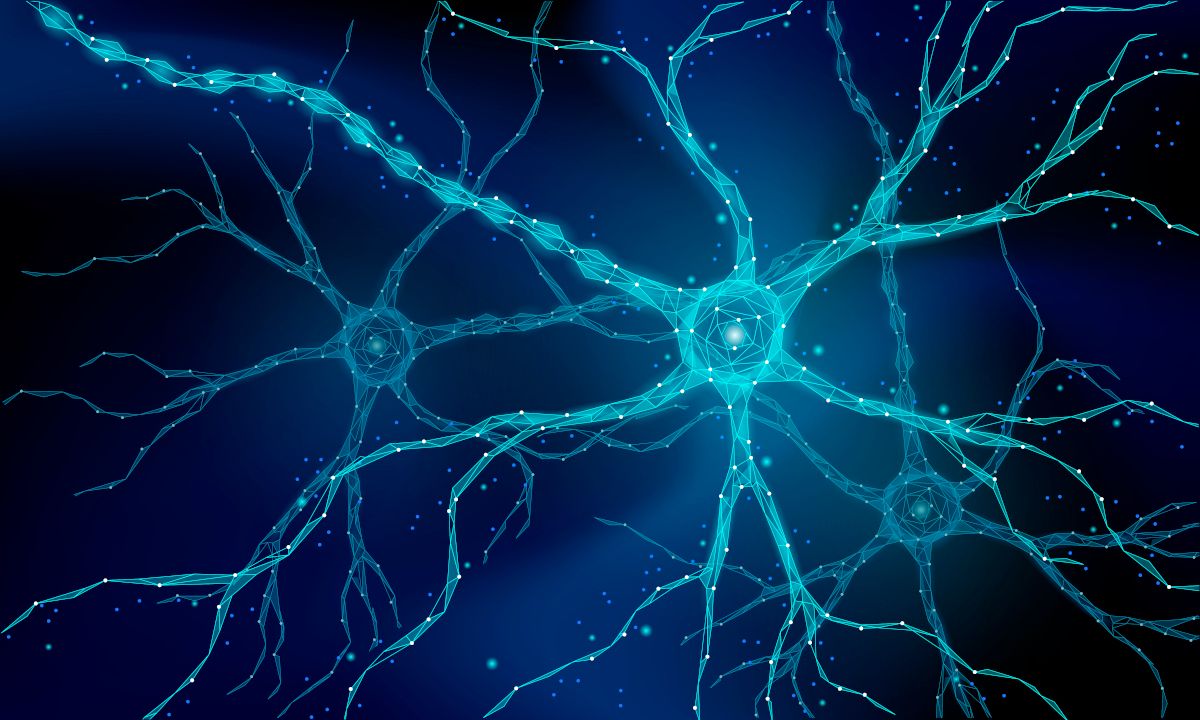Recent animal study finds that Lysoveta may help reduce neonatal brain injury
A recent animal study found that lysophosphatidylcholine (LPC)-bound omega-3 long-chain polyunsaturated fatty acids (LCPUFAs), marketed as Lysoveta by Aker BioMarine, protected against neonatal hypoxic-ischemic (HI) brain injury in mice.
Photo © AdobeStock.com/LuckyStep

A recent animal study1 found that lysophosphatidylcholine (LPC)-bound omega-3 long-chain polyunsaturated fatty acids (LCPUFAs), marketed as Lysoveta by Aker BioMarine, protected against neonatal hypoxic-ischemic (HI) brain injury in mice. A major cause of HI brain injury is perinatal asphyxia, and is a significant contributor to neonatal mortalityas well as result in intellectual disabilities, epileptic seizures, and cerebral palsy. The researchers explain the brain is rich in lipids, 30% of which are omega-3 LCPUFAs such as docosahexaenoic acid (DHA) and eicosapentaenoic acid (EPA). DHA, specifically, plays a vital role in the cell membrane of gray matter, and neonatal HI brain injury has been shown to reduce the amount of DHA in the brain.
In the study, HI was induced in 9-day-old mice and Lysoveta was orally supplements for seven days either with or without intranasal mesenchymal stem cells at three-days post-HI. Results showed that supplementation with Lysoveta did diminish gray and white matter loss but did not mitigate functional deficits following HI, nor did the addition of Lysoveta enhance the benefits of MSC therapy. Researchers also observed that in vitro, Lysoveta SH-SY5Y neurons against oxidative stress.
“In summary, this study suggests that early-life nutritional supplementation with Lysoveta may be a promising strategy to reduce neonatal hypoxic-ischemic brain injury by protecting against neuronal damage and myelin loss associated with oxidative stress-induced injuries. We also see a need to further study Lysoveta’s effects, looking into treatment doses, timing, and duration of treatment to obtain the most beneficial treatment regime,” said Caroline de Theije, PhD, one of the study’s researchers, in a press release. De Theije is affiliated with University Medical Center Urecht, where the study was conducted.
Reference
- Hermans, E.C.; Van Gerven, C.C.E.; Johnsen, L.; Tungen, J.E.; Nijboer, C.H.; De Theije, C.G.M. Dietary LPC-Bound n-3 LCPUFA Protects against Neonatal Brain Injury in Mice but Does Not Enhance Stem Cell Therapy. Nutrients. 2024, 16 (14), 2251. DOI: 10.3390/nu16142252







